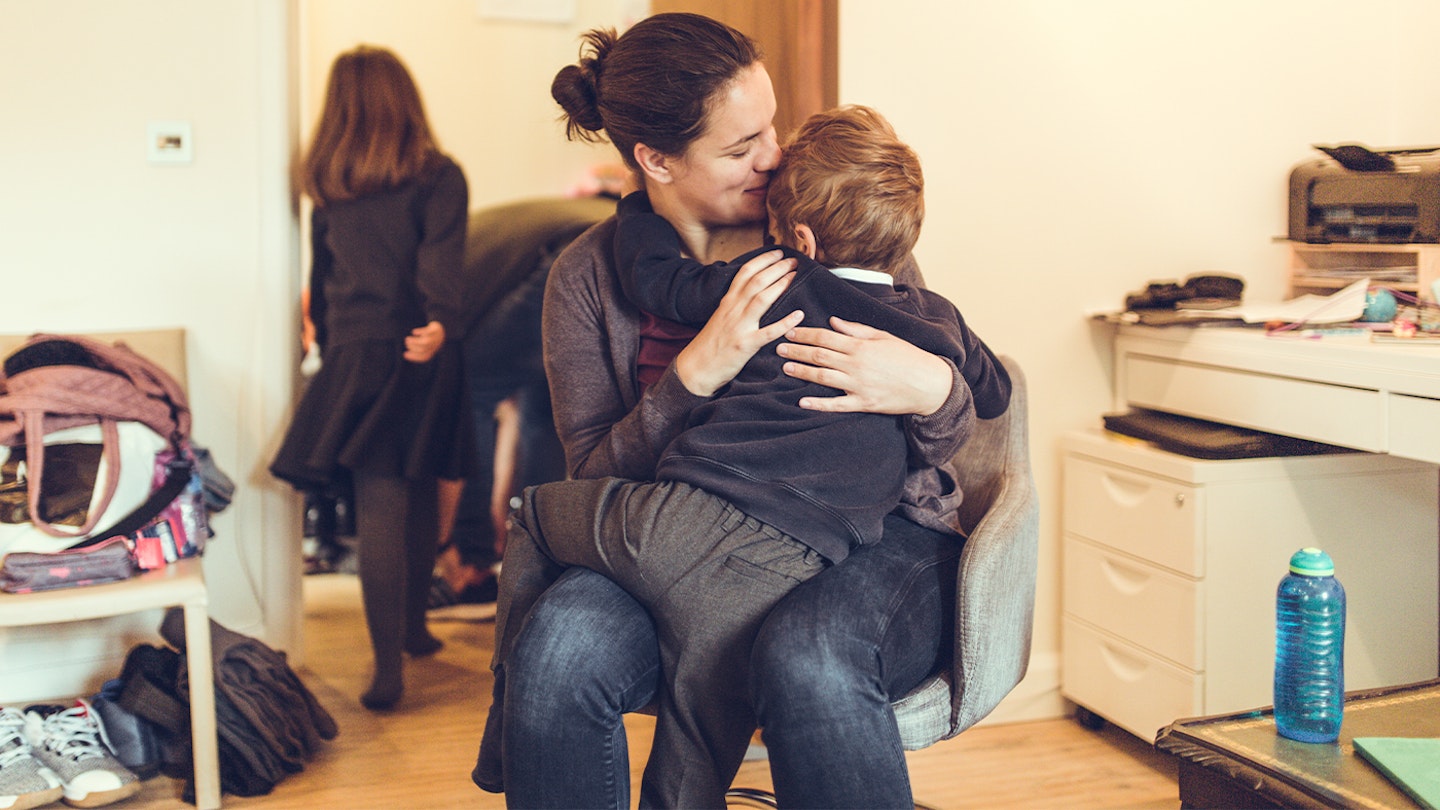Separation anxiety is very common amongst babies and toddlers, and it just shows how strong the bond is between you and your child.
As they get older however and start school, it may affect their willingness to attend every morning, which can be distressing at times for the both of you. If you have a growing concern about theiranxiety, especially if it begins to impact their school day, we’ve put together some help for parents to help your child, with expert advice from Dr Emily Coyne-Umfreville, senior lecturer in Developmental Psychology at Birmingham City University.
What is Separation Anxiety Disorder (SAD)?
Although separation anxiety is very natural and something that we expect most babies to display, it’s something they should grow out of before they start school according to Dr Emily.
“From age three onwards, we would often see this changing into a goal-corrected partnership, where the child realises that they need to be separated in some circumstances and therefore does not show the same distress.”
In more extreme cases when they don’t grow out of this behaviour, it may be diagnosed as Separation Anxiety Disorder or SAD.
“In some cases where we see extreme distress at separation in a school-aged child, then we may diagnose Separation Anxiety Disorder (SAD) if this behaviour is having an impact on the child’s normal functions, typically for over four weeks.”
SAD is diagnosed in about 4% of children in the UK and there are a few symptoms to look out for:
-
‘Clingy’ behaviour
-
The child is fantasising or daydreaming about reunions with parents
-
Difficulty sleeping alone at night
-
Nightmares
-
Headaches
-
Tummy aches
When should I worry?
“Usually, we would not worry about a child displaying symptoms of separation anxiety under the age of five, as this is part of a secure attachment with the parents. However, if a child is attending school and is struggling with separation anxiety then this can be more of a worry to parents.” Says Dr Emily.
What can I do to help?
There’s a few things you can do as a parent to help combat separation anxiety, and one of the first things you should do according to Dr Emily is to speak with the school.
“Is the child happy once the school day has started? Are they struggling with attention in the classroom? Working with the school is important with any type of childhood anxiety and the school can refer you to a specialist if they think that this would help.”
Speaking with your child and encouraging them to be open with their thoughts and feelings can also help.
“I would always advise parents to be open with their child about their feelings and validate these feelings.”
You could also do some more practical things to help your child, including the below:
Create a separation plan: Such as a visual timetable. It can also help if you make it clear when you are picking them up, and highlight the fun they will have whilst they are away from you. You can adapt this plan for different situations, but maintaining a regular routine can help.
A familiar symbol: Draw a heart shape or something that means something to the both of you on your arm and one that matches on their arm that they can look at during the day if they are feeling anxious about the separation.
Leave notes: A note in a lunchbox can also work in the same way. These are little gestures that help your child to understand that you are still thinking about them.
If you are concerned about your child’s behaviour then please start the conversation with your school around their anxieties and if necessary, seek help via your GP or school.
Popular articles to read next
11 teachers give their advice to parents with kids starting school this September
How to talk to your children about the conflict in the world
